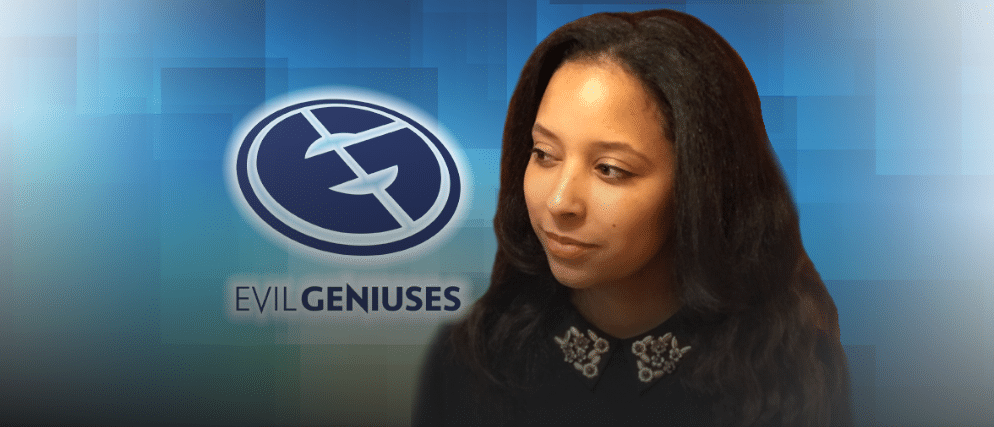

The future of esports according to the 26-year-old CEO of Evil Geniuses
For a long time, people have predicted that playing video games competitively would become big business, rivaling traditional sports leagues like Serie A. But it's been a long process, with challenges and major setbacks along the way. The audience is there, hundreds of thousands of people tune in to watch teams play games like League of Legends or Dota 2, but the business models and ecosystem around the industry haven't had a ton of success. Nicole LaPointe Jameson is the 26-year-old CEO of eSports company Evil Geniuses and is revolutionizing the way an eSports team makes money. She recently shared her thoughts on where the industry is headed and what forms the growth will take.
ESports experts and don't listen to me because you'll have to take a step back to understand how things are. „The eSports industry“ is a misnomer to use because competitive video games revolve around two different business models that sometimes intersect and sometimes don't. One of them is traditional sports. Let's say for example that we (Evil Geniuses ed) are the University of Michigan but instead of basketball, soccer and soccer, we have Dota, League of Legends and Counter-Strike under our brand.
That business model has the same ways of monetizing that you see in traditional sports: sponsorships, media and intellectual property rights, direct advertising, etc. But because eSports is a digital platform there's also the entertainment universe, so content creators, digital influencers and all those revenue stream generation models that revolve around them. We are a mixture of the old and the new. When I joined EG, we were just the first. We were just the model tied to traditional sports, which is great. That's the philosophy that drives us and we're here to be competitive, but it hasn't been profitable.
It's impossible to have salaries for your players that look similar to the salaries of professional athletes. The revenue stream is simply not enough. So we've focused on introducing peripheral revenue streams into our business to support what we do without depreciating the core product of who we are. And the way this comes to fruition is, of course, the entertainment aspect of Evil Geniuses.
We're also developing university and educational platforms to connect the gaming world with the general public, and we're setting up a data analytics department because knowing your audience's preferences is the key to effective sponsorships. Over the last couple of years we've been able to take things forward using our own platforms. So we've been able to independently support the business by keeping the competitive side of eSports alive but at the same time keep the lights on.
In the digital world the core business rarely puts together enough money to sustain itself, that's a fact. We believe in our team. Our team is the crown jewel. We wouldn't have a value proposition without the athletic side. The problem is that we still don't have a solid infrastructure in place as far as revenue sharing fees for championships like traditional sports have for decades. I wouldn't be here if I didn't believe that this won't change in the future. But today, I would be a bad leader for my investors if I said, „Yes, let's just go with hard and pure competitions, it will work.“ Because it won't, unfortunately.
There's also a silver lining: unlike traditional sports, the beauty of eSports – I saw it during Covid, is that we're unstoppable. Professional sports leagues have stopped, we haven't. We have a flexible, modular product by being digital, we're more flexible in how we engage, entertain and monetize fans and consumers. And that's something that, while it's not ubiquitously established throughout the eSports universe, people are slowly discovering and understanding it by finding interesting and ever-changing temptations.
We're an industry in the making but we're moving all the way forward.
















